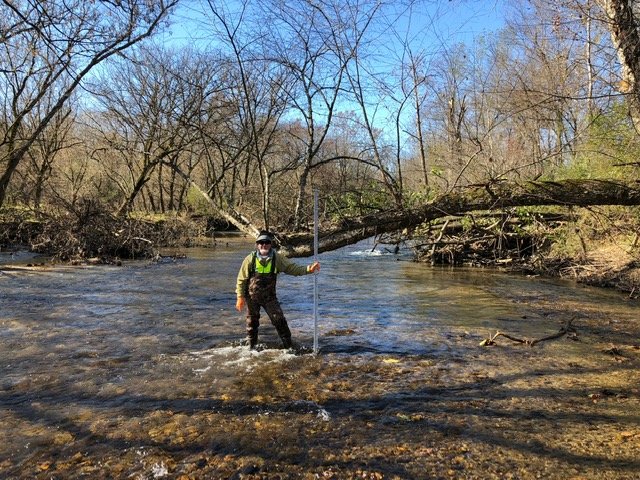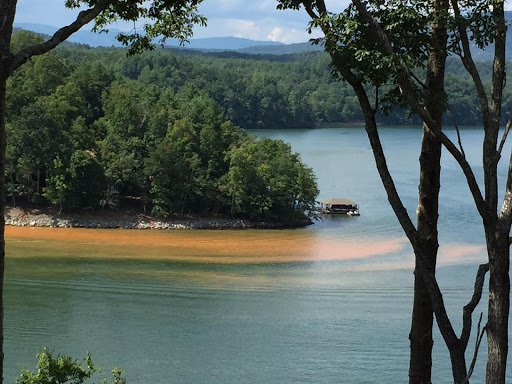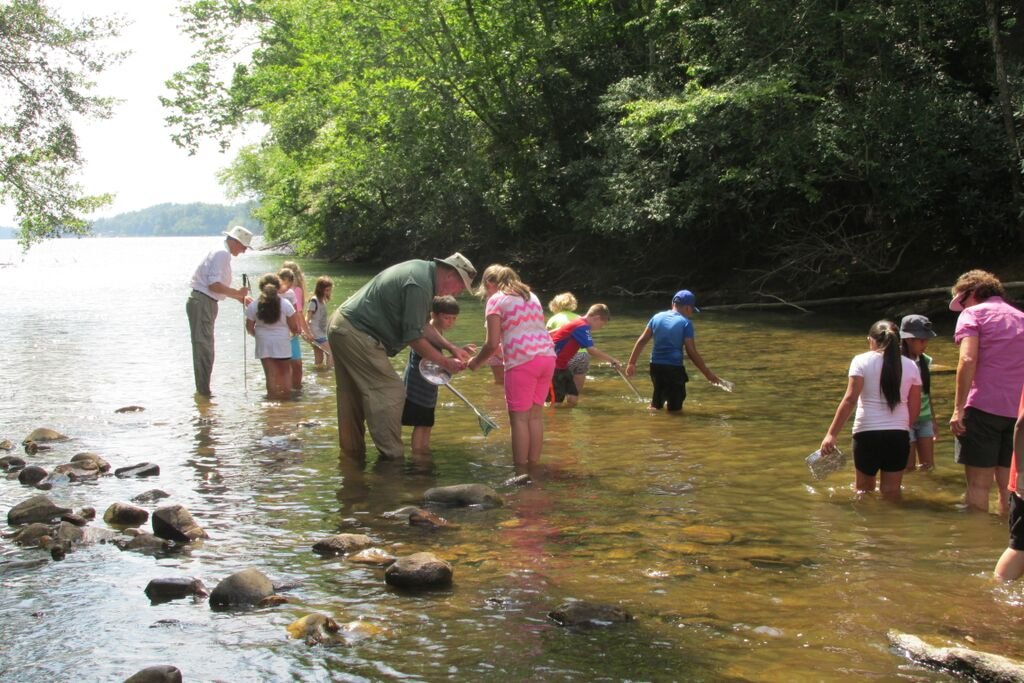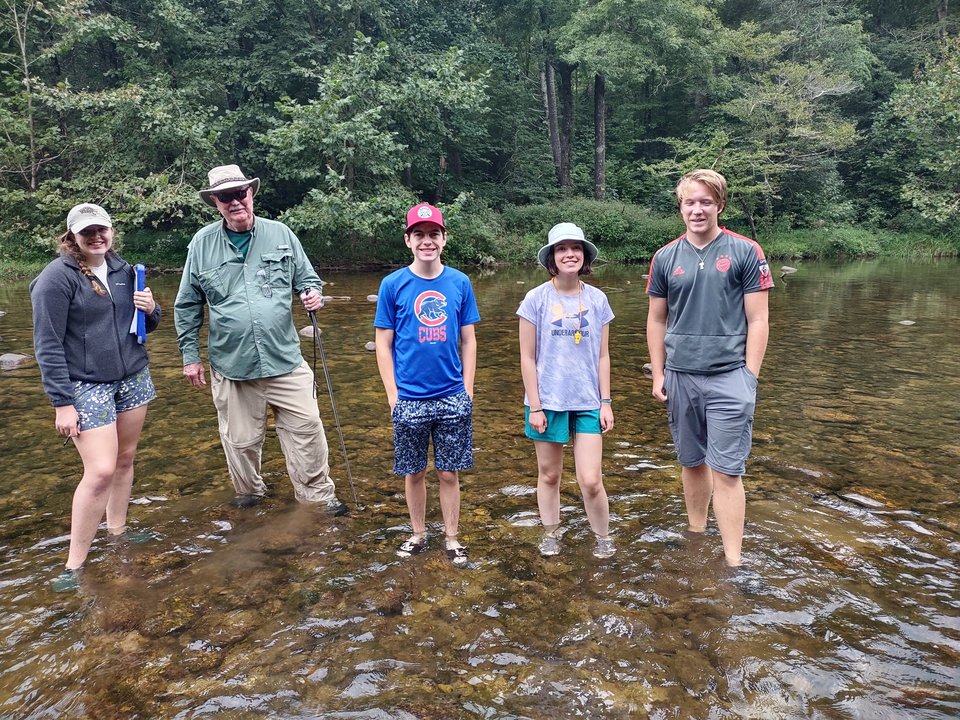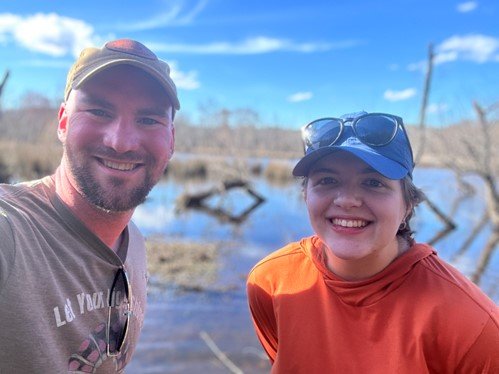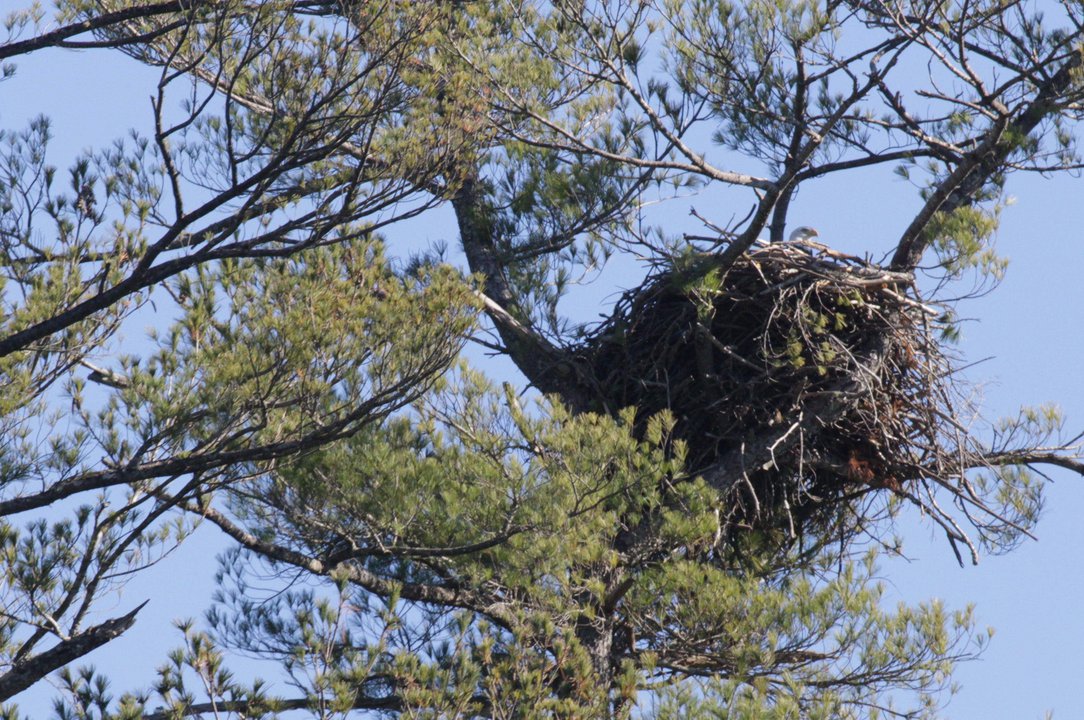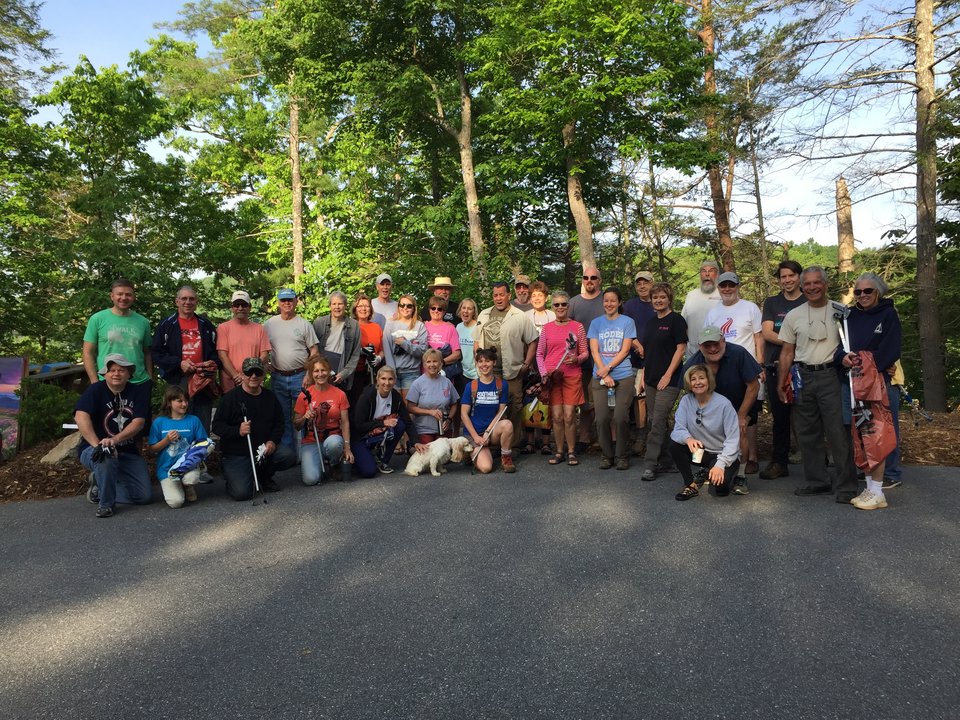Watershed Programs
In order to achieve the mission of protecting and enhancing the long-term environmental health and natural beauty of Lake James and its watershed, LJEA is working hard to identify and execute programs that will make a difference for years to come. Currently, those programs include:
Water Quality Monitoring
An important element in assessing the overall health of a watershed is to analyze the chemical characteristics of the water. The chemical makeup of the water, and therefore its quality, affects aquatic life, human health, and the economy, among other things. Consequently, water quality and monitoring is a major focus of Lake James Environmental Association.
On a monthly basis, LJEA volunteers sample water quality in twelve selected stream sites and six lake sites, and we work with the Environmental Quality Institute’s Volunteer Water Information Network (VWIN) program and our University Partners to evaluate those samples. In 2023, LJEA spent $9,000 in water quality laboratory fees. In addition, our water quality sampling volunteers will donate hundreds of hours and over 3500 miles of automobile and boat travel to collect samples and deliver them to the laboratories.
Monitoring Stream Turbidity, Erosion and Sedimentation
Erosion is a natural process that has been occurring in the Catawba River basin since the river first formed. However, human activity can greatly accelerate erosion. Sediment, produced by erosion, is the number one source of pollution in North Carolina waterways. Sources of sediment include: construction site activities, farmland erosion, streambank erosion and alterations, and the removal of well-forested buffers along streams. Excessive sediment in the water buries aquatic nurseries, reduces water clarity and suffocates fish. Sediment can also carry harmful pollutants such as fertilizers and pesticides, pathogens, fecal matter, and heavy metals that further hinder the aquatic conditions for fish and other wildlife within the ecosystem.
LJEA has been monitoring the amount of sediment, and the turbidity (cloudiness) of the water, at a limited number of sites in our streams since 2002.
Kids in the Creek
Kids in the Creek is a two-day program consisting of one day in the classroom and one day “in the creek.” In the classroom, students engage with models, posters, literature, and maps to learn about watersheds, the interactions between surface and ground water, water pollution, and stormwater runoff. "In the creek” sessions are held at a local waterway. Students rotate between three stations learning about macroinvertebrates, performing stream and habitat assessments, and examining the chemical and physical properties of water. Students experience hands on learning and get to have fun in the water!
Wilderness Watershed Adventure
A week-long immersive, intergenerational camping experience for high school students in the Lake James Watershed
August 3-8, 2025
This is a FREE ($50 refundable deposit required upon acceptance) environmental science and outdoor adventure program for high school students (age 15-19). Students will spend 6 days and 5 nights together studying watershed and riverine science, riparian health, lake ecology, and shoreline habitat and management in the Lake James Watershed. Led by adults in the environmental field and college student mentors, participants will work in intergenerational teams to collect, analyze, and summarize environmental data from Lake James and the Linville River.
University Research and Student Support
LJEA collaborates with colleges and universities across western North Carolina to help train students in environmental science and related fields and to conduct faculty-directed research in the Lake James Watershed.
Our university collaboration represents a true win-win situation. LJEA support helps college students and faculty design and conduct practical, in the field, research. Students get the opportunity to apply their classroom knowledge to field experimentation, along the way working closely with their faculty advisors, environmental professionals, and LJEA volunteers. The students invariably report that the work deepens their understanding of the environmental and aquatic ecosystems, often noting that it inspires them to dig deeper into their chosen field. Not only does LJEA directly benefit from the university research, we have also been able to build this network of informal advisors consisting of both faculty and experienced, practicing environmental professionals.
Eagle Watch
In partnership with US Fish and Wildlife, LJEA worked closely to create a program to monitor bald eagle activity on Lake James. This includes observation of known bald eagle nests and any activity in them on the lake.
Please see the following reports for the findings from past nesting seasons:
2022 Bald Eagle Report
2023 Bald Eagle Report
We need your help! If you see a bald eagle or nest, please report it on the form at the link below.
Trash Reduction
The Lake James watershed continues to be plagued by an unnecessarily high level of human generated trash and all the negative environmental consequences that follow. As highlighted by respondents in LJEA’s latest survey, this is particularly the case on the western side of the lake, where heavy rainfall causes illegally and improperly disposed of land-based trash to be flushed into waterways and the lake.
If you are interested in working on solutions to the Lake James Watershed trash issue, consider joining LJEA's Community Engagement Committee. The committee meets every other month and is responsible for trash reduction related activities such as lake, tributary, and roadside cleanups, as well as creating anti-littering educational materials, and working with the Advocacy committee to develop littering plans for the watershed's three counties.
